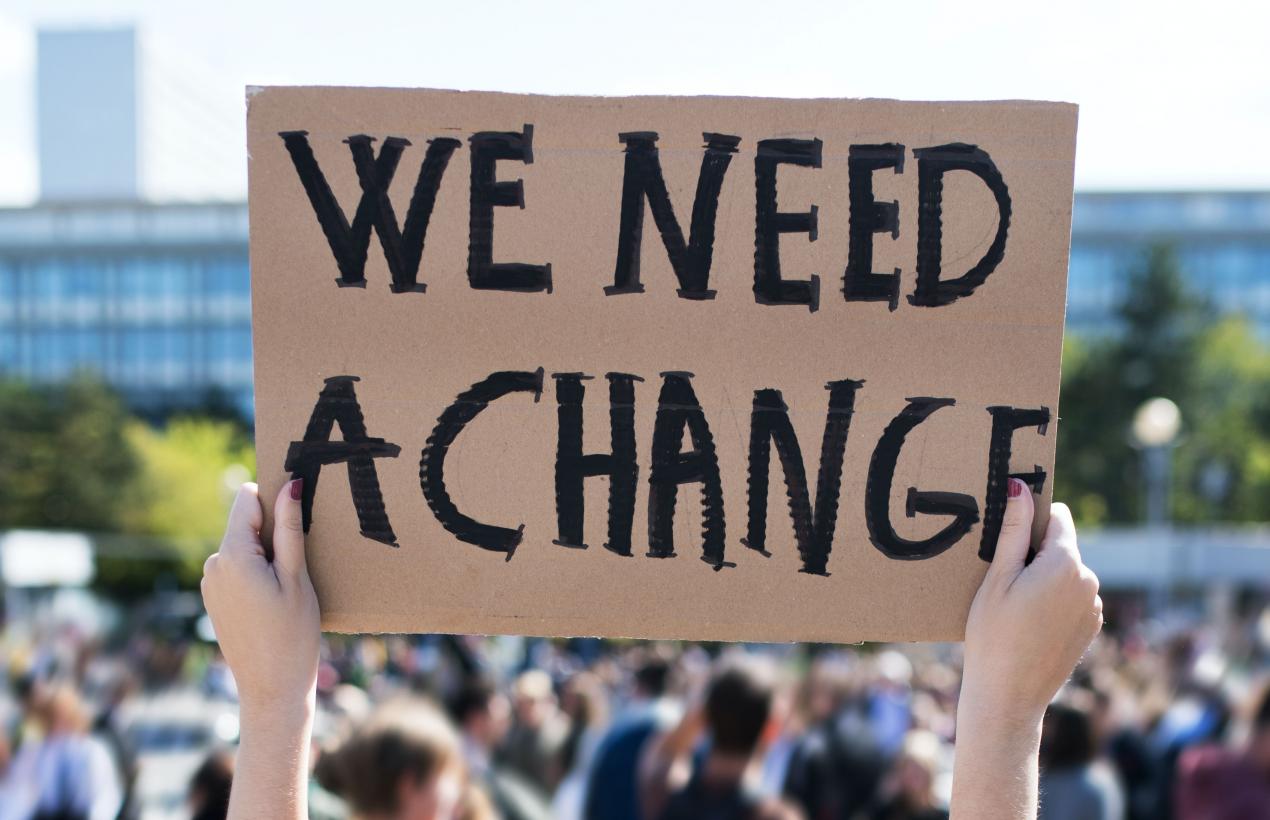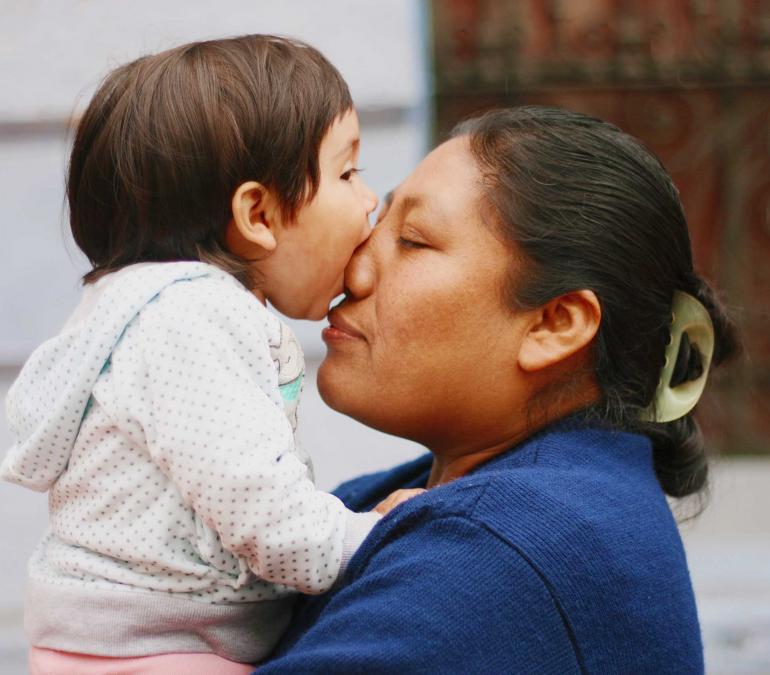
Dismantle Racism and Address Unequal Treatment
Deeply entrenched, structural and systemic racism fuels the unjust health equity gap.
What We Know
A widening gap exists in maternal and infant health outcomes among Black and Native people and their White counterparts.
Historically biased and unfair policies and practices have resulted in present day structures, systems and institutional practices that contribute to and magnify racial differences in access to resources, social conditions and opportunities.
This has resulted in persistent, inequitable poor health outcomes, particularly among Black and Native families. Stigma and discrimination also occur based on traits such as, undocumented status, poverty, sexual orientation and substance use disorders, among others.

Racism and Maternal and Infant Health
Safe day-to-day living conditions and health care that are free of perceived or actual differential treatment are critical to improving health outcomes.
Racist policies that have systematically disadvantaged communities of color over centuries have a persistent impact on health. Chronic and severe adversity floods the body with sustained dangerous levels of stress hormones, a condition known as toxic stress, which contributes to health complications. Unequal treatment perpetrated based on biases (i.e. race/ethnicity, gender, age, weight, language, disability, etc.) lead to health inequities and poor outcomes for families.
Improving maternal and infant health requires solutions that include acknowledging and dismantling racism, specifically structural, institutional and interpersonal racism, as well as addressing unequal treatment and discrimination.


Exposure to racism has been linked to toxic stress, a causal factor in preterm birth
– Worry About Racial Discrimination: A Missing Piece of the Puzzle of Black-White Disparities in Preterm Birth? Braveman, Paula, et al. 2017, PLoS ONE.
News & Resources
An article describing the steps Broward County is taking to address systemic racism.

An article examining how women of color are more likely to experience complications related to pregnancy, including poor maternal health outcomes and preterm birth.

An article describing Broward County's launch of a new task force to create greater racial equity in the area.


